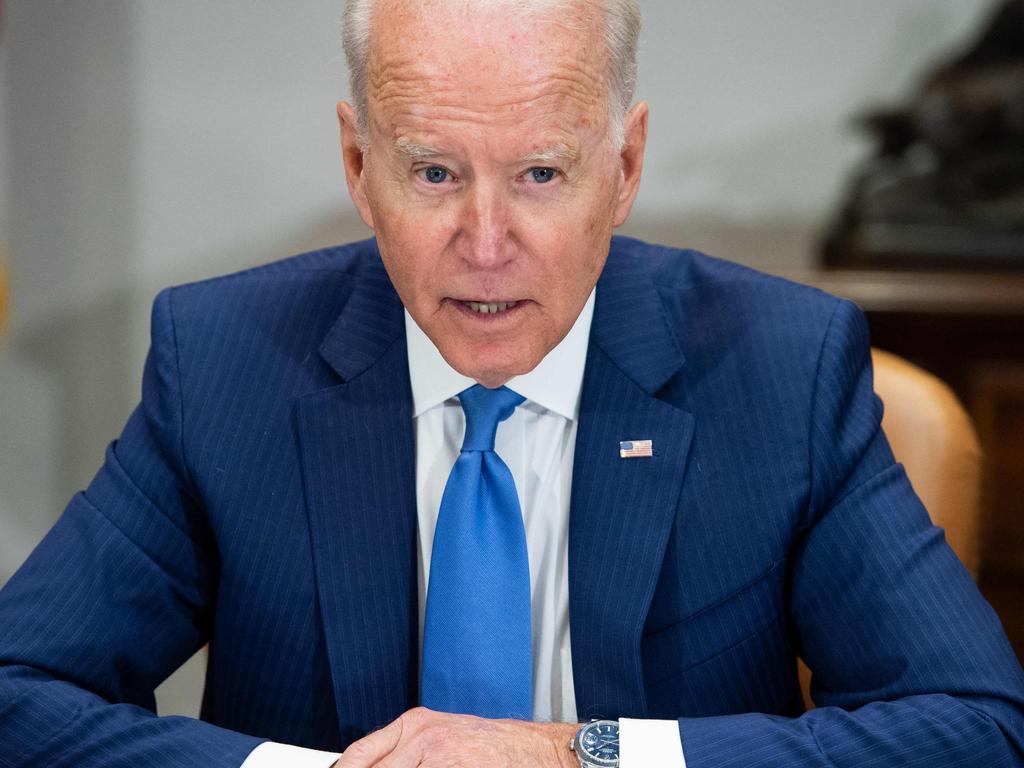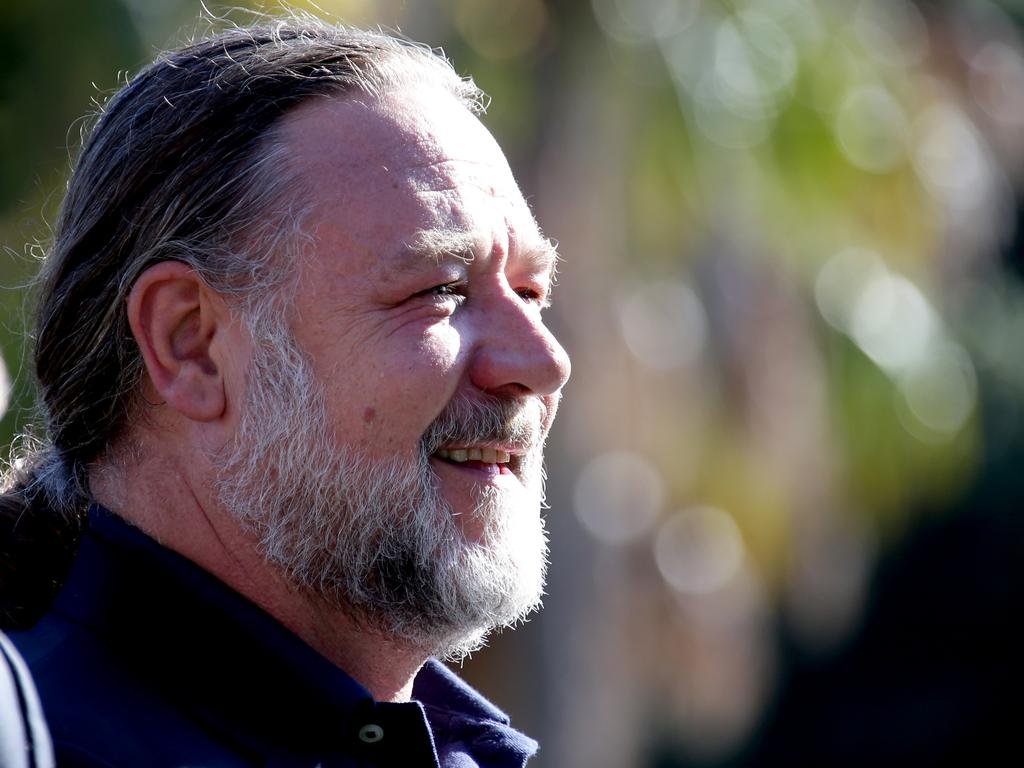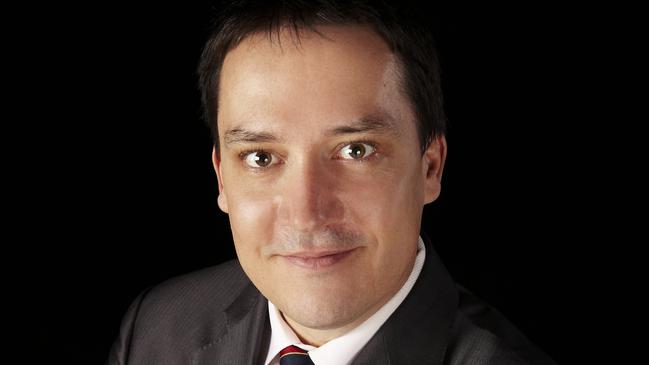
Those on the left have the Greens to push Labor towards their values. What about the people on the centre-right? When the Liberal Party lets them down, who can they vote for to uphold some of their values, like favouring individual freedom over bigger, more intrusive government, more common sense in policymaking and responsible financial management?
Imagine a centre-right force in the Senate that could help the Liberal Party deliver better policies – more tax cuts, less wasteful spending and clueless regulation of our lives. Don’t expect the Liberal Party to be thrilled about news that a small but very committed group of Australians is planning to take the Liberal Democrats from a 2 per cent party to a 10 per cent party over coming elections,
Don Chipp’s Australian Democrats showed that when the timing is right minor parties garner support from a jaded electorate let down by major parties, when they have a committed and talented leader with a clear message (“Keep the bastards honest” is still unbeatable) and when their MPs take their job as legislators seriously.
Pauline Hanson proved that the Liberal Party, whether under John Howard or Malcolm Turnbull, should never take its base for granted. Clive Palmer is an example of narcissism as no substitute for good policies. And Cory Bernardi showed that a minor party invaded by extremist loonies won’t go far.
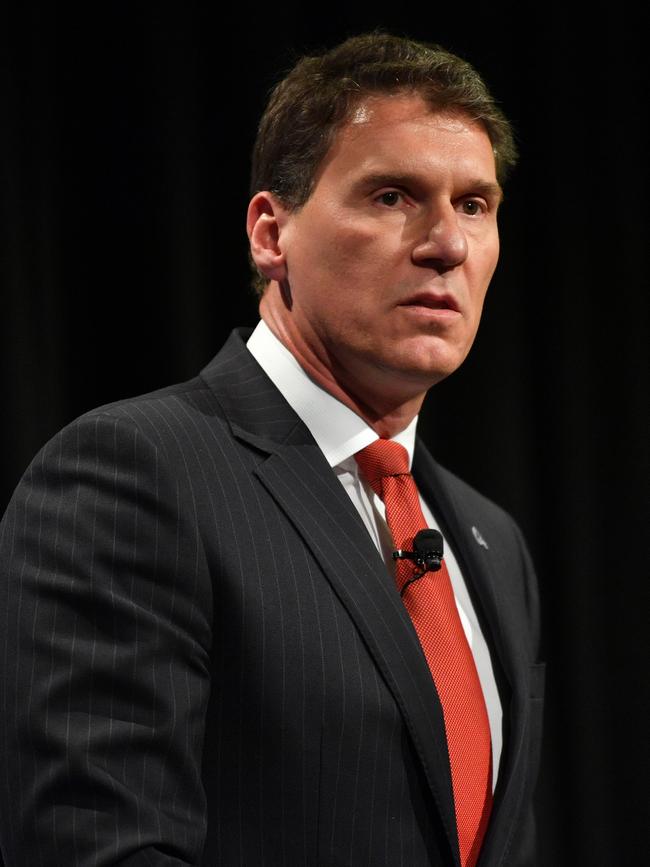
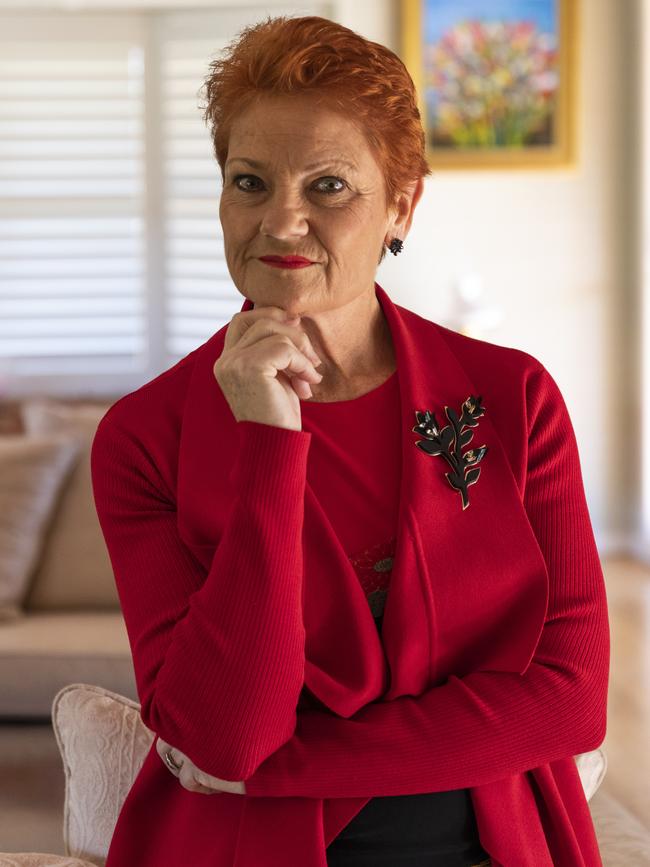
All useful lessons for the Lib Dems. The timing is certainly right. The pandemic has convinced many Australians that governments of all persuasions use fear to secure more power and grow the size of government. Some of this growth is inevitable, and necessary, during a global crisis. But much of it is not.
Australians disillusioned with the Liberals in Canberra will draw the line at different places. Perhaps it was many months ago when Scott Morrison refused to budge on the international border, his stubborn Fortress Australia policy imposing an unforgivably high human cost on separated families.
For others, maybe the line was crossed more recently when the Prime Minister posted an Instagram photo of himself hugging his dog, with the caption that he was glad to be back with his family after a month apart.
As one government MP told The Australian after the photo was posted, “We spend so much time trying to humanise ourselves with photos like this, when we could just behave like humans.”
Others may have turned away when the Morrison government failed to sign many contracts with different vaccine makers and in sufficient numbers for fast delivery. Vaccine nationalism was surely not a surprise to the PM and the Health Minister. And basic common sense said a country with no herd immunity from people contracting Covid would need a fast vaccination rollout so families could be reunited and the country reopened to the world.
Instead, Morrison told us in March it’s not a race, not a competition – the sad result is less than 8 per cent of Australians are fully vaccinated – and 10 days ago the Prime Minister agreed to build higher walls around a country now dubbed the hermit kingdom, by halving incoming numbers of Australians to just 3035 a week.
Many voters have grown used to government incompetence. Cruelty is harder to stomach. And so is delusion. Consider the sheer idiocy of the alternative PM, Anthony Albanese, saying on Sunday “we should never accept deaths”.
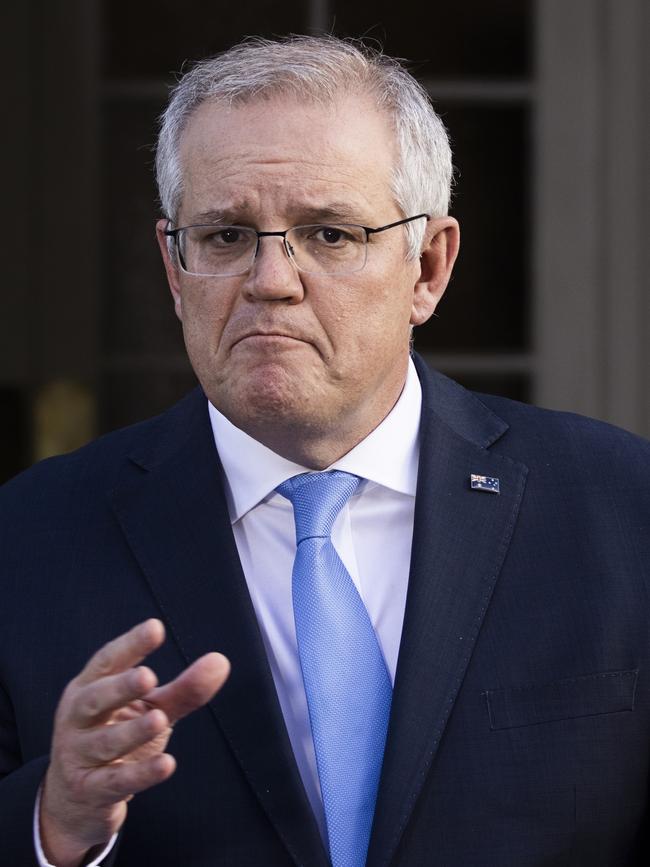
Australians with a grip on reality may want to register a protest vote against the zero-risk Covid nonsense that has infiltrated both Labor and the Coalition government, and has left the country leaderless about sensible risk. Enter the Liberal Democrats. The party founded 20 years ago is the little start-up that never took off.
With infrastructure in place, the right people can take it somewhere if they hone a clear message and secure good people. The short-term aim is to give Australians an alternative, and a chance to register their frustration, disappointment and even disgust. Long term, the Lib Dems may be the force that returns the Liberals to their values.
John Humphreys, an economist who founded the party, returned as party president in May. There is some serious financial backing from Australians who are distraught over what happened to a once great country.
The party will run a candidate in each state at the next federal election. And John Ruddick, a former long-time Liberal who tried to introduce democratic reforms into that party, has joined the LDP. Ruddick is a political warrior and plans to run in the NSW seat of Warringah against independent Zali Steggall, who won the seat from former prime minister Tony Abbott at the 2019 election.
The Lib Dems have two big targets: ham-fisted Covid responses that have stripped Australians of too much of their humanity; and financially irresponsible government that will take even more from future generations of Australians with the country sinking into $1.3 trillion of debt.
Ruddick aims to raise the profile of the Lib Dems beyond the headline-grabbing battle for Warringah by offering voters an alternative. The Sydney businessman knows the odds are stacked against a win, but with 39 per cent of voters delivering their primary vote to Abbott in 2019, he can cause a stir.
Alas, the Lib Dems need to do more than cause a stir. They need sustained financial backing to make sure they can endure early losses. The party needs serious intellectual firepower to set a clear message that is distinct from the two major parties. That won’t be hard.
Most Australians are mercifully free of political ties; many of them may want simple things such as more common sense in Canberra and less government interference in their lives.
In other words, the Lib Dems must not become the Purist Party or allow weirdos to infiltrate its ranks. No more obsessions about gun laws. There are more important debates.
Finally, the Lib Dems need a convincing and talented leader, a seasoned political warrior, with a high profile or able to build one, with convictions that the Liberal Party under Morrison lacks. If the Lib Dems can fire up their start-up, they have a good chance of attracting votes, not only from orphaned Liberals but also from many other Australians who have been abandoned by the major parties.



